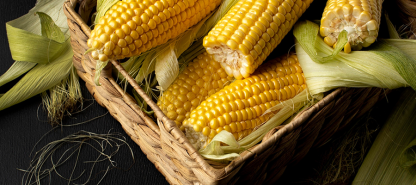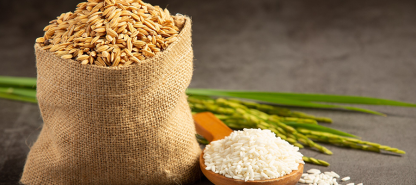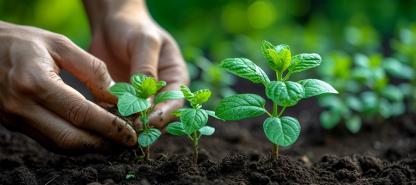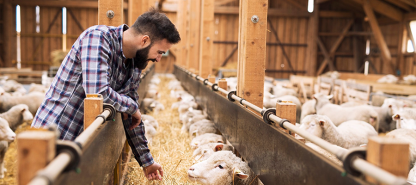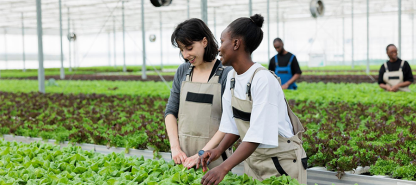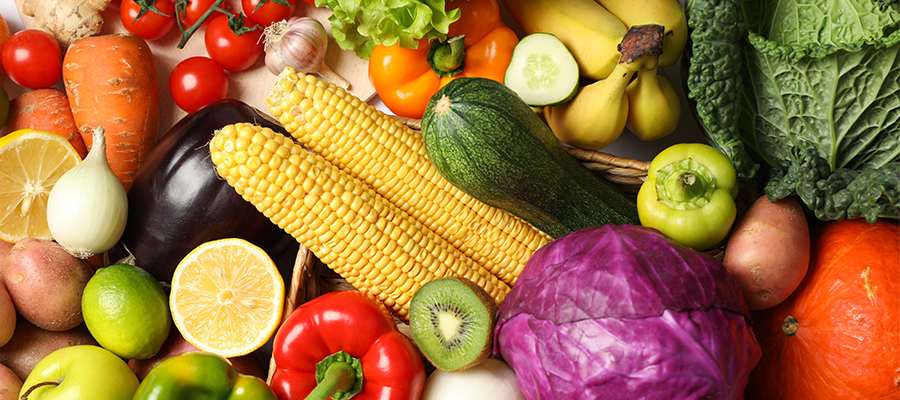
- 01 Oct 2024
The Promise of Sustainable Vegetable Farming: A Path to a Greener Agriculture
The Growing Importance of Sustainable Vegetable Farming
Vegetable farming plays a vital role in providing nutritious food for communities worldwide. However, conventional farming practices often involve intensive use of synthetic fertilizers, pesticides, and water, which can lead to soil degradation, water scarcity, and environmental damage. Sustainable vegetable farming offers a solution to these challenges by adopting methods that reduce chemical inputs, conserve water, and protect ecosystems. Techniques such as organic farming, permaculture, and precision irrigation are helping farmers grow vegetables more sustainably, while ensuring high yields and promoting long-term environmental health. This shift towards sustainability is crucial for both the future of agriculture and the planet.
The Benefits of Sustainable Vegetable Farming
Sustainable vegetable farming not only reduces the environmental impact of agriculture but also enhances the quality of produce. By avoiding synthetic chemicals and using organic methods, farmers can grow vegetables that are healthier for consumers and the environment. Practices like crop rotation and composting help improve soil fertility and reduce the need for chemical fertilizers. Water conservation techniques, such as drip irrigation, ensure that crops receive the necessary hydration while minimizing waste. These sustainable methods create a more resilient farming system that is better equipped to handle the effects of climate change and other environmental pressures.
- Reduced Chemical Usage
- Improved Soil Fertility
- Enhanced Water Conservation
- Higher Nutritional Value of Produce
- Increased Resilience to Climate Change
- Long-Term Sustainability of Farming Systems
Investing in Sustainable Vegetable Farming Projects
Investing in sustainable vegetable farming projects provides a unique opportunity to support environmentally friendly agriculture while achieving stable financial returns. As the demand for organic and sustainably grown produce continues to rise, these projects offer a profitable avenue for investors. By backing sustainable farming initiatives, investors can help promote practices that reduce the agricultural sector’s environmental footprint, improve food security, and contribute to healthier communities. Sustainable vegetable farming is a win-win for both the planet and investors, paving the way for a more responsible and sustainable agricultural future.

